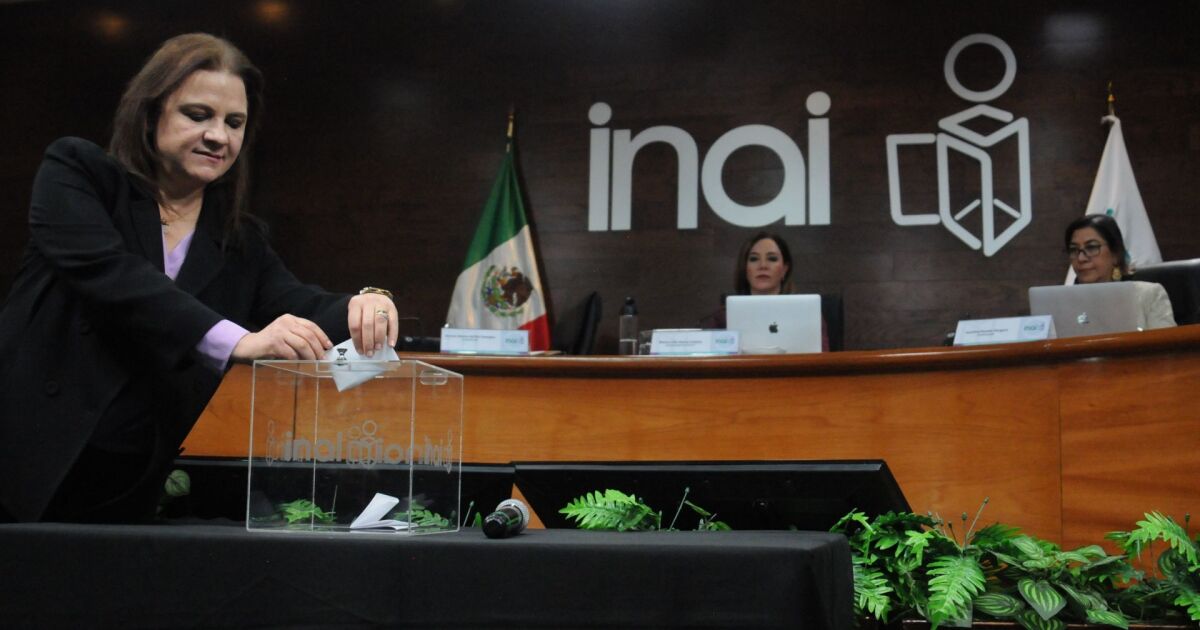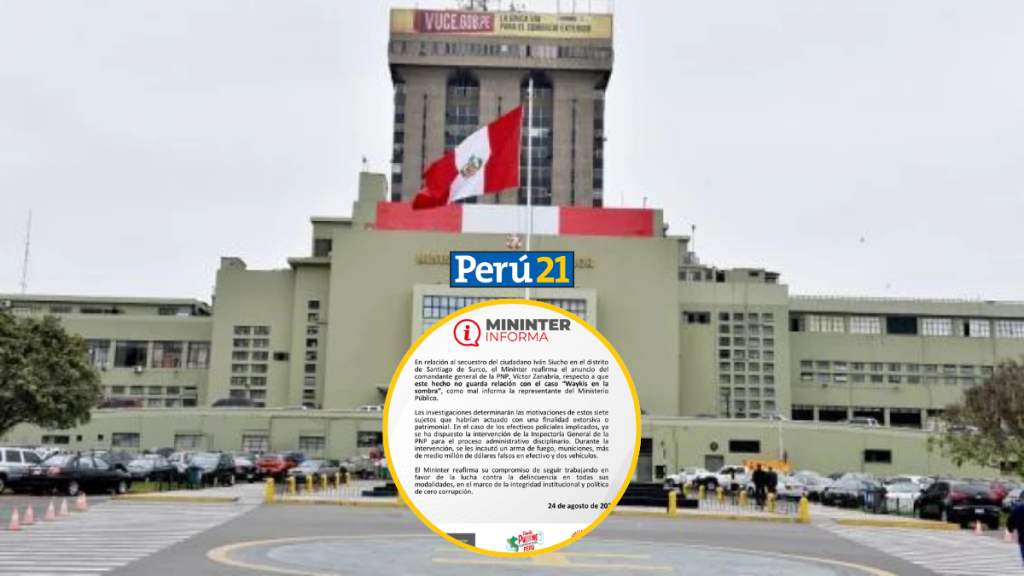The Federal Telecommunications Institute (IFT) said that the approved ruling proposes constitutional changes that imply the resurgence of an institutional model in telecommunications and broadcasting, “which demonstrated serious limitations to ensure that more people had access to more and better services, as well as to increase competition in the telecommunications and broadcasting markets, which would lead to a serious setback to the detriment of users and audiences in our country.”
“Under the institutional model prior to the constitutional reform of 2013, the regulator’s collegial decisions were subject to review by a person within the same department to which it was subordinate, that is, the head of the Ministry of Communications and Transportation, who could modify or revoke the regulator’s determinations in response to current circumstances, a situation that distanced decision-making from clear and robust technical and legal criteria,” he explained.
For its part, the Federal Economic Competition Commission (Cofece) stated that, in the event of its disappearance, it is essential to design a reform that ensures the promotion of free competition and that benefits consumers, protects micro, small and medium-sized businesses, promotes regional development and attracts investment.
The Constitutional Affairs Committee of the Chamber of Deputies approved reforms to the Magna Carta, which propose the extinction of seven autonomous bodies:
The National Institute for Transparency, Access to Information and Protection of Personal Data (INAI), the National Council for the Evaluation of Social Development Policy (Coneval), the Federal Economic Competition Commission (Cofece), the Federal Telecommunications Institute (IFT), the National Commission for the Continuous Improvement of Education (MEJORADU), the Energy Regulatory Commission (CRE) and the National Hydrocarbons Commission (CNH), whose functions would be transferred to agencies of the Federal Government or Inegi.
The ruling highlights in its transitional provisions that the savings and savings generated by the extinction of these public entities will be allocated to the Welfare Pension Fund.
It clarifies that the labour rights of public servants will be fully respected, in accordance with applicable legislation.
The reforms establish that the powers and obligations of these public entities are transferred to various federal government agencies and to Inegi, and the INE is given the authority to hear matters related to access to public information and the protection of personal data by political parties.
The autonomous state bodies that guarantee the right of access to information and the protection of personal data held by obliged subjects are also extinguished.
The resolution was approved in general by 22 votes in favor, 17 against and zero abstentions, and in particular, with 22 votes in favor, 16 against and zero abstentions. It was sent to the Board of Directors for constitutional purposes.

















